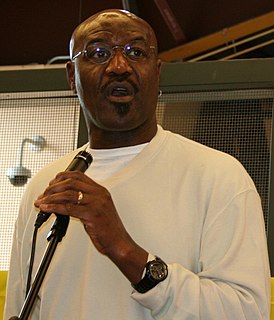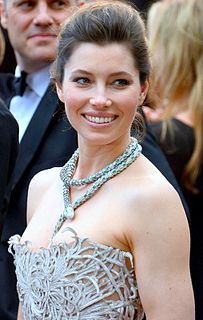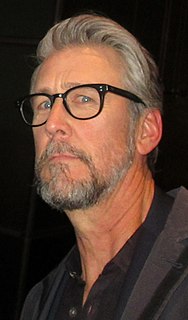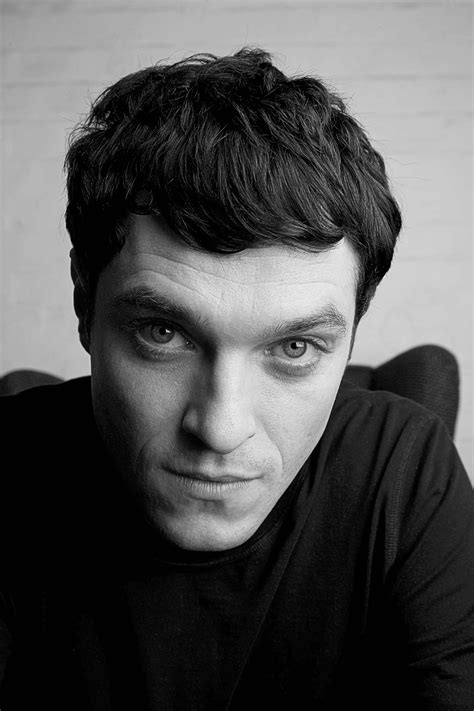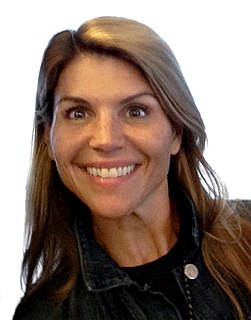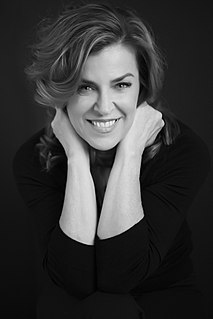A Quote by Andy Serkis
Actors' performances in films are enhanced in a million different ways, down to the choice of camera shot by the director - whether it's in slow motion or whether it's quick cut - or... the choice of music behind the close-up or the costume that you're wearing or the makeup.
Related Quotes
Costume is always an asset. Normal costume you have a lot to say about - if you're wearing suits or ties, and what color you want, and how it's going to be cut, and stuff like that, and whether or not you're going to wear a hat, and blah, blah, blah. But, when you're wearing a special costume, and of course, costume is probably the second ingredient in character, script being first, I always find that the costume does a lot to cement your character, to put it firmly in mind.
Most people assume because I'm an actor that's all I know about and care about, I'm actually a camera geek and a film geek. I grew up making short films the same time I was acting. For me, it's a motion picture, not a play. I'm just as interested in what the camera department is doing and world building through costume design and production design as I am in acting. I think all good directors do that whether they're an actor or not.
My idea of no makeup on actors is really no makeup. I mean, they can be wearing makeup. I don't care what they're wearing as long as it looks like they're not wearing makeup. But an actress will suddenly appear with some lipstick on. And that's makeup. Keener's character wears makeup. Her character would wear makeup. I try to stay true to whoever that person is. I hate that kind of thing where you're waking up in the morning with makeup on in a movie. I just think it pulls you out of the movie.
I actually think film and TV are sort of the same thing now. To me they're all motion pictures. There's a camera, a script, other actors and a director. Doing a sitcom is a little different. It's kind of a hybrid, half movie, half play, presented in a proscenium fashion - the camera's on one side of the line, the set on the other, the audience sitting behind the cameras.
To go into more specifics regarding actors, whether they're from Korea or the U.S., all actors know if they are loved by the director. When they feel that love from the director, they respond by giving a great performance on camera. Also, everyone on set - the crew, the actors - they were aware of the film's message and its broad theme, so these big issues were never discussed on set.
That shot in "Into the Inferno" somehow popped up while my editor and I were viewing the footage. I immediately said, "That looks like the opening shot because the camera approaches the action very slowly and we have enough time to insert some of the main credits into it." So it was a practical choice. At the same time, you see these tiny figures standing at the rim of something, and all of a sudden, the camera rises further and you find yourself looking straight down into an inferno.
I say to people that it's a choice that we make every day in our lives. Doesn't matter what you're going through. You don't have to be going through what I went through. But it's whether you decide to get up or stay down, whether you say 'yes' or whether you say 'no' to life. Basically, I decided to say, 'Yes.'

